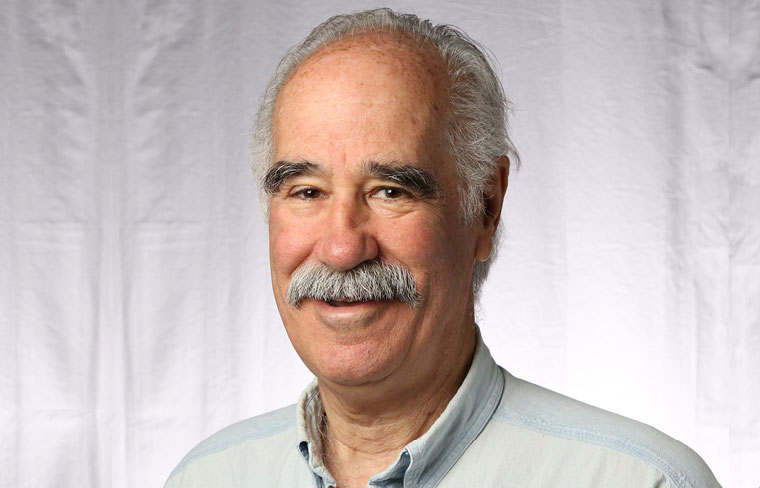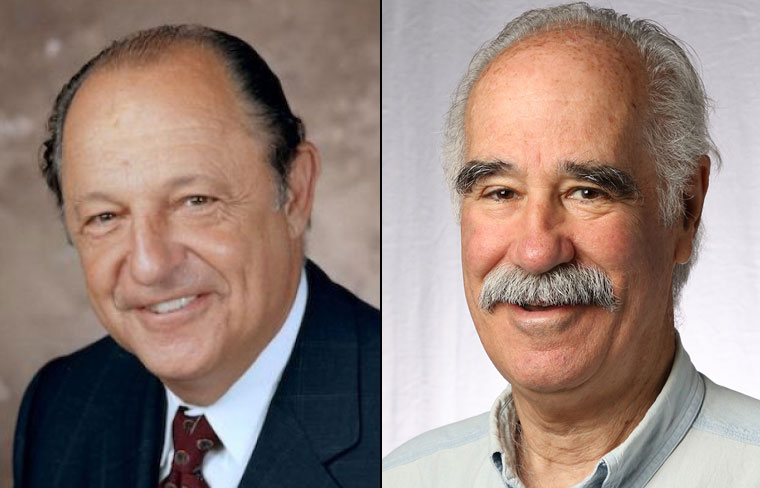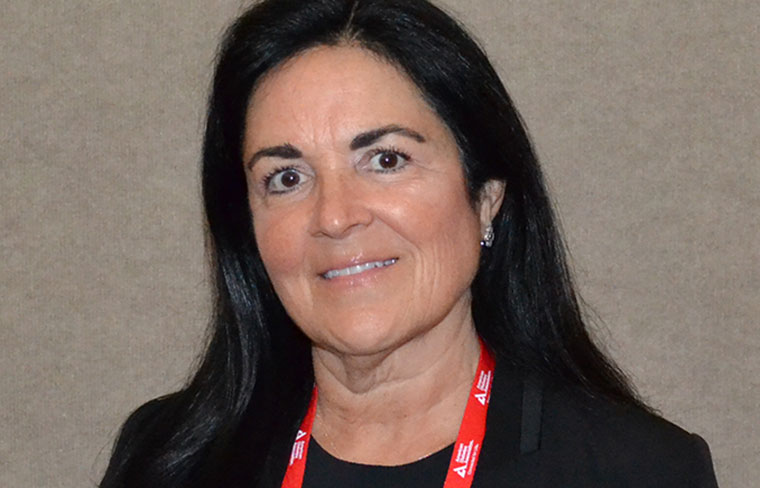-
Symposium examines type 1 diabetes in other settings such as cancer immunotherapy and celiac disease
Cancer immunotherapy, monogenic primary immune deficiencies, and celiac disease may have pathologic links to type 1 diabetes. Four experts, including Arabella Young, PhD, discussed ways these conditions may be linked, and in some cases how they can be screened for together.
-
Session offers in-clinic tips for obtaining, interpreting diabetes device data
More than 3 million Americans use continuous glucose monitoring, which provides a plethora of useful data for clinicians. Obtaining and interpreting that data continues to present challenges. Rebecca Rick Longo, MSN, ACNP-BC, CDCES, offered solutions for efficiently downloading the data, and Cari Berget, MPH, RN, CDCES, explained a three-step process for reviewing and using the…
-
Panel explores evolving impact of teplizumab on type 1 diabetes trials, treatment
Teplizumab became the first FDA-approved drug for the delay and prevention of type 1 diabetes, but it also comes with its own challenges. Presenters, including Kevan C. Herold, MD, shared the benefits of teplizumab along with some of the barriers faced for the research community, clinical practice, and patients.
-
DCCT/EDIC proves to be the most impactful research in diabetes history
Before DCCT/EDIC, most individuals with type 1 diabetes died in their late 40s. Four decades later, David M. Nathan, MD, Chair of the DCCT/EDIC Research Group, and other investigators explained how management of the disease has been transformed by the data gleaned from this groundbreaking research and, as a result, lifespans have been extended.
-
Global health experts discuss how inequity fuels international diabetes trends
New statistics indicate that more than 1.31 billion people across the globe could be living with diabetes in the next 30 years. In a special symposium on how inequity contributes to the significant growth in this population, Louise J. Maple-Brown, MBBS, FRACP, PhD, and Sian Graham, BAppSc, discussed how select social determinants of health impact…
-
Debate weighs the efficacy of initial combination therapy for type 2 diabetes
Ralph A. DeFronzo, MD, and David M. Nathan, MD, debated whether combination therapy or sequential therapy is the most effective regimen for treating type 2 diabetes. Dr. DeFronzo advocated for combination therapy for its ability to efficiently correct multiple pathophysiologic defects. Dr. Nathan countered that sequential therapy is a more verifiable and efficient initial approach…
-
SURMOUNT-2 shows weight loss, A1C reduction in participants with type 2 diabetes
In the SURMOUNT-2 trial, individuals with obesity and type 2 diabetes had a more than 15% reduction in weight and an almost 6% reduction in A1C while taking the dual incretin inhibitor tirzepatide. Researchers, including W. Timothy Garvey, MD, MACE, the trial’s principal investigator, discussed how a weight-focused approach can help treat obesity and type…
-
Positive results in COORDINATE-Diabetes show prescribing habits can be changed
The COORDINATE-Diabetes trial studied the impact of a multifaceted educational intervention for clinical staff on prescription rates for three groups of therapies used to treat type 2 diabetes and cardiovascular disease. “COORDINATE shows that it is possible to change prescribing behavior using a process that is not resource intensive,” said Principal Investigator Christopher B. Granger,…
-
Phase 2 trial results demonstrate benefits of retatrutide in obesity, type 2 diabetes, NASH
Researchers presented results from their studies of the effects of retatrutide on obesity, type 2 diabetes, and nonalcoholic steatohepatitis. “The most interesting reason to pursue glucagon agonism in a multi-receptor agonist is the possibility that you could alter hepatic liver metabolism and potentially decrease fatty acid accumulation and hypertriglyceridemia,” said David A. D’Alessio, MD.
-
Investigators present findings from OASIS and PIONEER oral semaglutide trials
A panel of investigators shared conclusions from two clinical trials studying the efficacy of oral semaglutide in treating diabetes and obesity. “The availability of an oral GLP-1 with weight-lowering efficacy could potentially give people requiring treatment for obesity and their physicians a great option for choice of treatment,” said Julio Rosenstock, MD.









